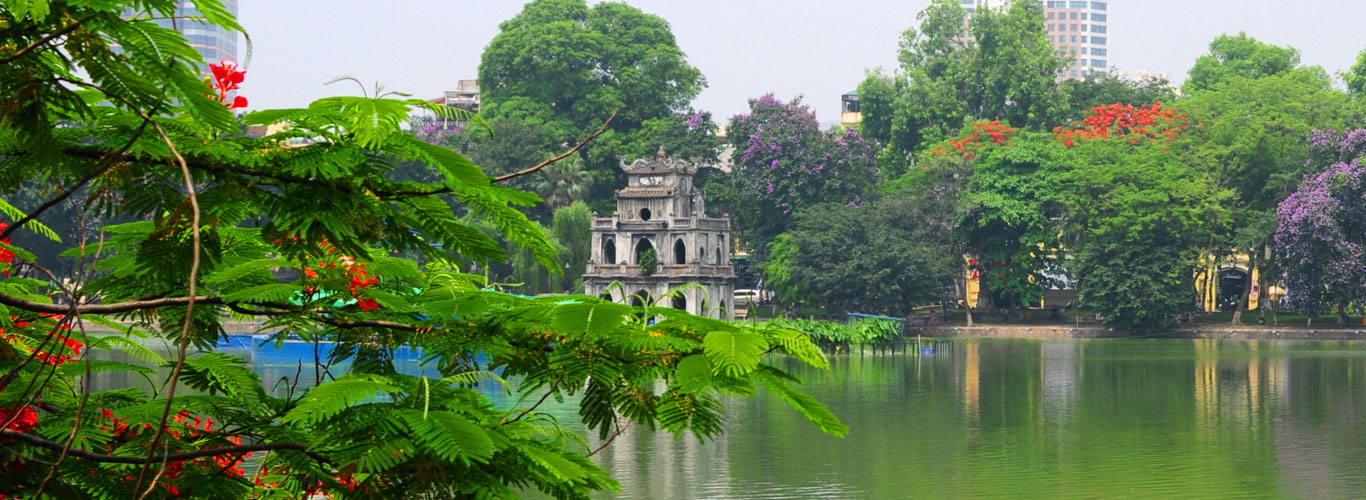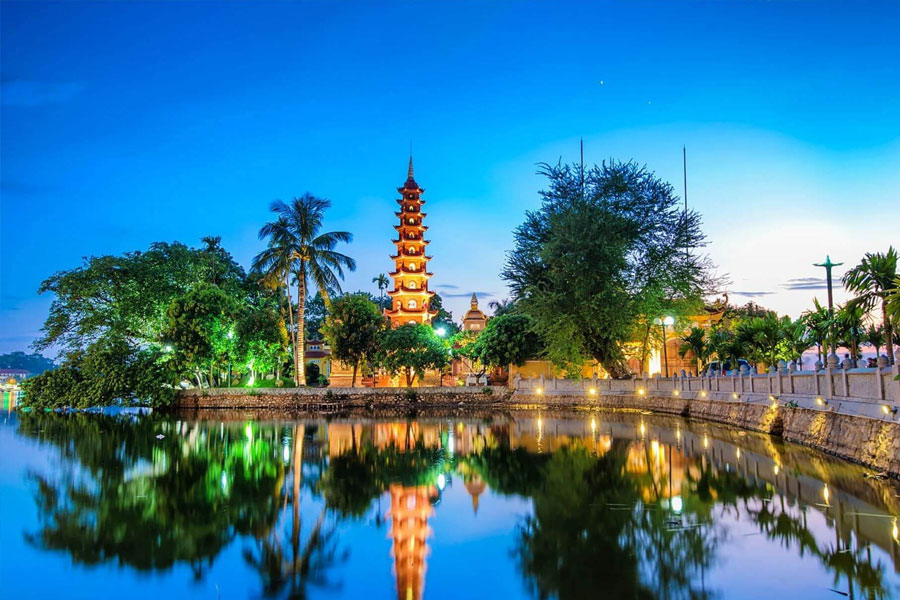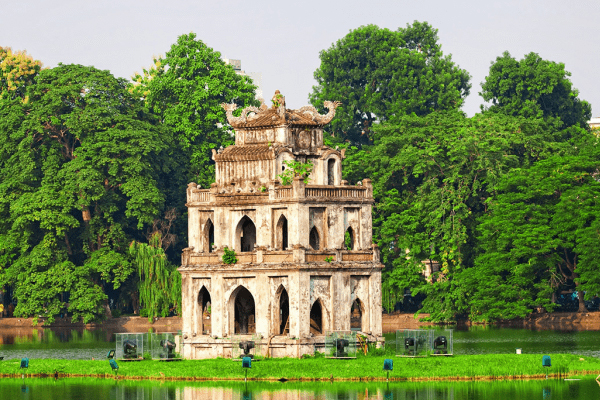Hue
Hue, located in central Vietnam along the banks of the Perfume River, is a city steeped in history and cultural heritage. Once the imperial capital of Vietnam during the Nguyen Dynasty, Hue is renowned for its well-preserved historical architecture, royal tombs, and ancient temples, making it a must-visit destination for those interested in the country’s rich past. At the heart of Hue lies the Imperial City, a UNESCO World Heritage Site, which served as the political, cultural, and religious center of Vietnam from the early 19th century until 1945. The complex is surrounded by fortified walls and a grand moat, with palaces, temples, and gardens offering a glimpse into the grandeur of the former royal court.
In addition to the Imperial City, Hue is famous for the elaborately designed tombs of the Nguyen emperors, which are scattered along the Perfume River each showcasing unique architectural styles and symbolic decorations. The tombs of emperors Tu Duc, Minh Mang, and Khai Dinh are especially notable, reflecting the blend of Vietnamese and European architectural influences that flourished in the 19th and early 20th centuries.
Hue’s spiritual heritage is also evident in its many pagodas, with Thien Mu Pagoda being the most iconic. Perched on a hill overlooking the river, Thien Mu Pagoda is one of the oldest and most beautiful in Vietnam, attracting visitors for its serene atmosphere and historical significance. Hue’s culinary scene is another highlight, as the city is known as the culinary capital of Vietnam, with a range of traditional dishes that originated in the royal court. Specialties such as bun bo Hue (spicy beef noodle soup) and banh khoai (Vietnamese savory pancakes) reflect the city’s refined approach to Vietnamese cuisine.
Hue’s serene landscapes, historic landmarks, and rich cultural traditions make it a unique destination that offers insight into Vietnam’s imperial past. From exploring ancient tombs to cruising along the Perfume River, Hue invites travelers to experience a slower pace and immerse themselves in the history and elegance that define this historic city.
In addition to the Imperial City, Hue is famous for the elaborately designed tombs of the Nguyen emperors, which are scattered along the Perfume River each showcasing unique architectural styles and symbolic decorations. The tombs of emperors Tu Duc, Minh Mang, and Khai Dinh are especially notable, reflecting the blend of Vietnamese and European architectural influences that flourished in the 19th and early 20th centuries.
Hue’s spiritual heritage is also evident in its many pagodas, with Thien Mu Pagoda being the most iconic. Perched on a hill overlooking the river, Thien Mu Pagoda is one of the oldest and most beautiful in Vietnam, attracting visitors for its serene atmosphere and historical significance. Hue’s culinary scene is another highlight, as the city is known as the culinary capital of Vietnam, with a range of traditional dishes that originated in the royal court. Specialties such as bun bo Hue (spicy beef noodle soup) and banh khoai (Vietnamese savory pancakes) reflect the city’s refined approach to Vietnamese cuisine.
Hue’s serene landscapes, historic landmarks, and rich cultural traditions make it a unique destination that offers insight into Vietnam’s imperial past. From exploring ancient tombs to cruising along the Perfume River, Hue invites travelers to experience a slower pace and immerse themselves in the history and elegance that define this historic city.
THE BEST OF VIETNAM - 08 DAYS
- Destination:
- Vietnam: Hanoi, Hoi An, Ha Long Bay, Hue, Ho Chi Minh City
- Duration:
- 8 Days / 7 Nights
- Price USD:
- $200
VIETNAM DISCOVERY – 10 DAYS
- Destination:
- Vietnam: Hanoi, Hoi An, Ha Long Bay, Hue, Da Nang, Ho Chi Minh City
- Duration:
- 10 Days / 9 Nights
- Price USD:
- $0



